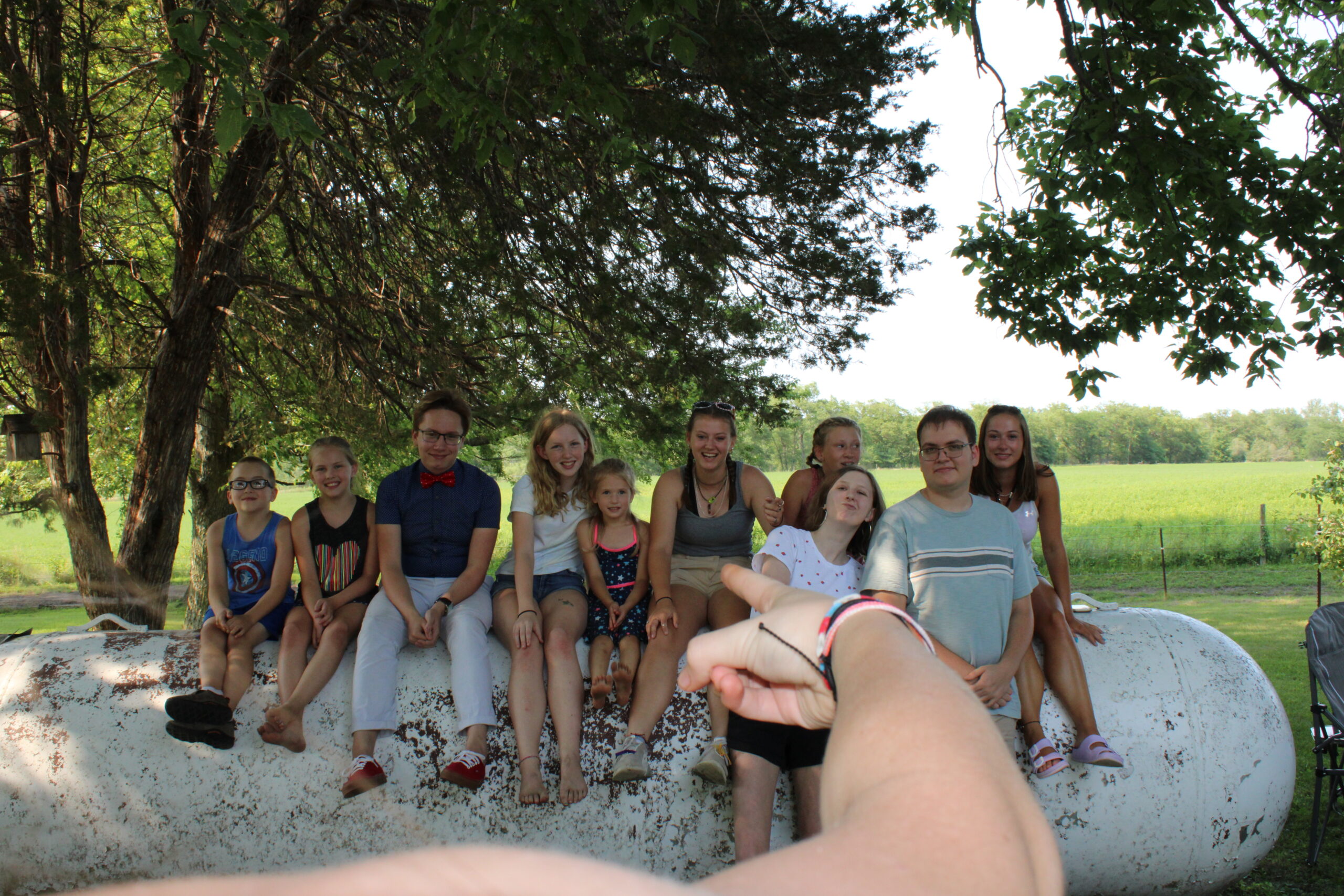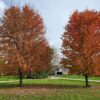When I was in junior high, my mother asked
me one day to clean my room. I decided to go all-biblical on her because we had
just talked about today’s gospel in religion class. I said to her, “Woman, how does your concern affect me? My
hour has not yet come.” (Kids – do not try this at home!) I honestly didn’t
know how quick her reflexes were or how strong she was until that very moment
when her hand quickly smacked across my face. That was not a joyful experience.
Something that was a joyful experience happened
a few years later. I bought my parent’s a wall calendar – and their reaction
was truly priceless. It was called “Nuns
Having Fun,” and it was filled with a variety of images of fully-habited
nuns doing fun things. There were nuns in bumper cars, nuns on roller
coasters, nuns having snowball fights, nuns skeet shooting, and on and
on. My favorite was a group of nuns running in the ocean, arms up in the
air with the biggest smiles on their faces! It was a really goofy
calendar, but it brought up a great point: the Christian life isn’t a life of
suffering, but it’s a life of joy!
And we can see this in our Gospel
today. A lot of things are going on. It is Jesus’ first public
miracle and it really kicks off his public ministry. It also shows us the
deep relationship that Jesus had with his Mother. And the transformation
of water into wine reminds us of the Eucharistic imagery that we experience
during the Mass. But one detail that is overlooked is that Jesus was doing
all this at a wedding feast! This is no small thing. Jesus lived a life of
joy – and he actually went to parties! (OK, so he went with his mom, but still!) It
shows us that Jesus wasn’t a stranger to the good and fun things in life. It’s
important for us to remember that the good things in our lives are gifts from
God.
There are two distinct parts in our
gospel that I want to point out: one, Before Christ; and another, After Christ.
The first scene that St. John describes is one of emptiness, and the second, on
the contrary, is marked by abundance. And what brings about the difference
between these two time periods is key: it’s the intervention of Jesus.
The marriage feast had come to a complete
stop because they ran out of wine. Wine is a symbol of celebration and
happiness. No wine meant that they had no joy. There were
experiencing emptiness!
Mary noticed this, so she turned to
Jesus for help. Though he initially hesitated, Mary trusted that Jesus would
make everything right and instructed the servants, “Do whatever he tells you.”
The rest, as they say, is history. Jesus changed water into wine and saved the
hosts from disgrace.
But of course, the point isn’t just the
wine. The wine is a “sign.” As we look at our own lives, we can’t help but
notice that the wine always runs out. Whatever the gains, life always brings
losses. We grow up and we grow old. We have children (sometime in pairs).
Children grow up and lose their innocence. Parents see their kids leave home
(and sometimes come back again). We find jobs; and sometimes we lose jobs. We
work and work and work until one day, we find ourselves facing retirement. Our
body parts eventually lose the battle against gravity and we lose hair where we
want it and gain it where we don’t. Aches and pains become more frequent, so we
moan in despair. And no one gets out of here alive. Add all the technology you
want, but our human resources eventually come to an end. That’s the bad news.
The good news – the great news: the
resources of God never run out! New energy springs out of weariness, new
opportunities emerge from failure, and new hope arises in the ashes of doubt and
despair.
Jesus asks the servers to fill the six empty
stone jars with water. (Interesting fact: six is a symbol of chaos,
imperfection and evil.) When they drew out some of the water, they discovered
that it was the best wine! The party could continue! There is
abundance, order and celebration – all because of the intervention of Jesus.
The question for us is how do we keep
our water jars filled?
We first must continually invite Jesus
into our lives. We need to pray daily and believe that God is always right by
our side guiding us every step of the way.
If we trust Jesus, our wine – or our
happiness – will never run dry because when we realize that God is our first
love, the wedding feast never ends.
And that superior quality of wine that
he transformed is the quality of life that we will find in and with Jesus. We
no longer feel abandoned because we are espoused to a God who gets involved in
our lives by entering into it constantly so that he can share in our little and
big joys.
And this brings me back to my original
point: that the good things of life are gifts from God. God gives us so
many good things and so many causes for joy for a reason – to draw us back to
him. They give us little hints about what true communion with God will be like.
Jesus didn’t just change water into wine to keep the party going, but to draw
us into the mystery of God’s power and love. And what greater love does our
bridegroom have for us then his ultimate sacrifice on the cross.
As we approach this altar
today to receive Jesus, let us thank God for our earthly joys, and to remember
that when we entrust our lives to Jesus and do whatever he tells us, we will
discover an abundant life that is overflowing with love, happiness and immeasurable
joy!










